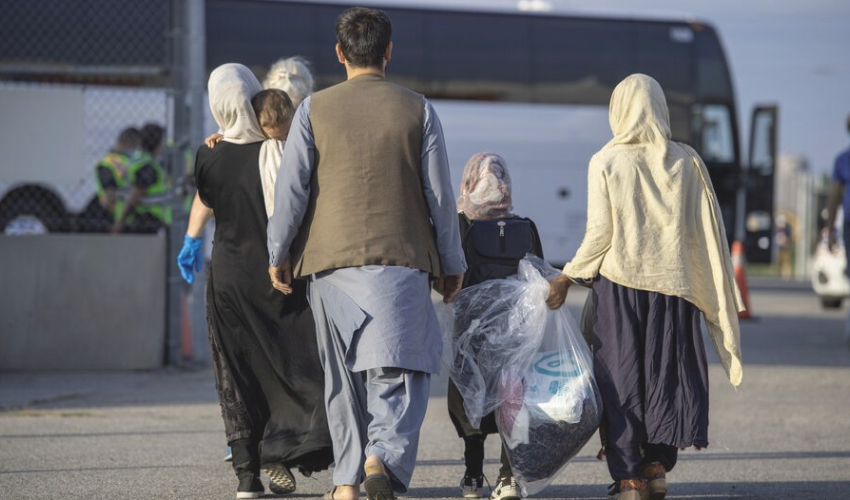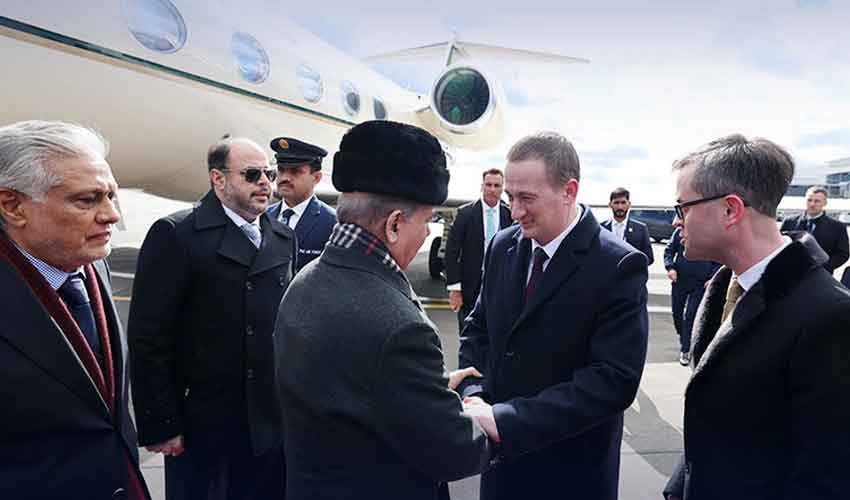In a move to protect its sovereignty, the Interior Ministry recently suspended the operations of two INGOs -- Tobacco-Free Kids (CTFK) and Vital Strategies -- sparking a nationwide debate on their influence and compliance with national laws.
However, the Society for the Protection of the Rights of the Child (SPARC), which has a history of working with CTFK and was a key beneficiary of its funds, violated the law by hosting a conference in Murree on January 18 and 19. Despite the ban, these INGOs continue to push their agenda through affiliates like SPARC, implying a troubling disregard for Pakistani law and the government’s authority.
Wake-up call for national sovereignty
The suspension highlights the broader issue of unregulated foreign influence in Pakistan. For years, INGOs like CTFK have operated in critical sectors, often bypassing legal requirements. While these organizations claim to champion public health causes, their operations have raised serious concerns about transparency and accountability.
As a backstory to these recent developments, it’s worth noting the embezzlement incident involving Malik Imran, a former country manager for CTFK. Last year, Imran was implicated in siphoning funds into a private enterprise, Capital Calling, owned by his brother. Although this led to his dismissal, it underscored the lack of internal oversight within such organizations and the potential for misuse of resources.
Operating in legal grey areas
Despite their high-profile campaigns, both CTFK and Vital Strategies operated without proper registration with the Interior Ministry, Economic Affairs Division, or the Securities and Exchange Commission. This lack of compliance allowed them to partner with government entities and influence public policy without adhering to regulatory requirements.
The ministry's investigation revealed multiple violations, leading to an immediate cessation of the INGOs’ activities. The State Bank of Pakistan was instructed to freeze their accounts, a move aimed at preventing further financial irregularities and ensuring adherence to national laws.
FATF and financial integrity
The unchecked operations of these INGOs posed significant risks to Pakistan’s financial and economic stability. Experts warn that their financial irregularities could have jeopardised Pakistan’s standing with the Financial Action Task Force (FATF), potentially leading to a return to the grey list. Such a designation would severely impact the country’s ability to attract foreign investment, increase borrowing costs, and limit trade opportunities.
Ensuring strict compliance with FATF standards is crucial for Pakistan’s financial credibility on the global stage. The Interior Ministry’s actions reflect a commitment to maintaining transparency and preventing financial mismanagement that could trigger international repercussions.
Broader concerns beyond financial risks
The economic implications of these INGOs’ misconduct extend beyond FATF concerns. Allegations suggest that funds meant for tobacco control initiatives were misappropriated for non-productive activities, including media campaigns and potential bribery. These organizations allegedly paid media outlets to secure favourable coverage, diverting resources away from pressing public health issues.
Additionally, reports have surfaced that they accepted bribe money from the Mardan Illicit Mafia, further complicating efforts to address the illegal tobacco trade.
Beyond financial and operational violations, these INGOs have been accused of indirectly supporting illicit tobacco networks. By focusing on media advocacy rather than addressing the root causes of tobacco consumption, they have been accused of enabling the illegal trade they claim to oppose. This contradiction not only undermines their stated mission but also raises questions about their true intentions.
Charting a path forward
The Interior Ministry's decisive action serves as a reminder of the importance of safeguarding national sovereignty in the face of foreign influence. Pakistan must now prioritise the establishment of robust oversight mechanisms to regulate the operations of INGOs. Transparency and compliance with local laws must be non-negotiable for any foreign entity operating within the country.
Focusing on critical issues such as the illicit tobacco trade, which undermines public health and drains national resources, should remain at the forefront of government efforts. By asserting control over its public health agenda and enforcing stringent regulations, Pakistan can set a precedent for other developing nations facing similar challenges.



























